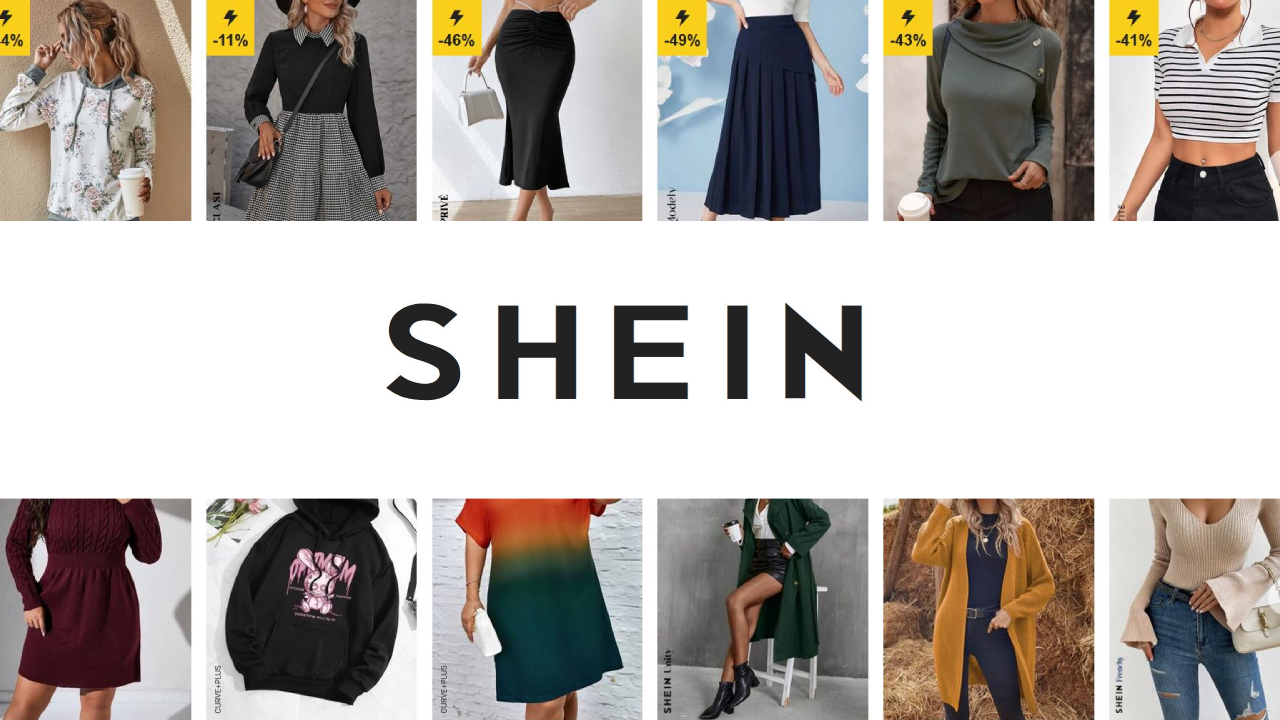- Chinese ecommerce firm Shein has come under renewed scrutiny after inviting a group of influencers to one of its factories.
- The trip was to essentially “clear its name” after several respected publications reported on alleged labour infringements and workplace abuse.
- Influencers were treated to business-class flights, hotels and fancy dinners sponsored by Shein, and said that Western nations need to do away with perceived stereotypes of Chinese companies.
Chinese ecommerce company Shein has rocketed to mainstream popularity across the globe, and specifically in South Africa, promising high-quality clothing and accessories on the cheap, with products rarely priced above R300 per item.
In 2022, this strategy saw Shein makes profits of $24 billion.
The explosion of popularity and subsequent perceived boost in profitability have drawn the attention of local institutions like South Africa’s Department of Trade, Industry and Competition.
In March, the department launched an investigation into Shein, probing the Guangzhou-based, Chinese fast fashion firm’s practices over alleged breaches in competition laws and import tax dodging.
While this investigation is still ongoing, Shein continues to sell, growing its popularity among South African shoppers.
Internationally, however, the firm is seemingly aware of its image, with shoppers and watchdogs wary of how exactly it manages to produce its massive amounts of cheap, quality merchandising. Especially in a country known for amassing cheap labour in poor conditions.
To combat this, this week Shein hosted a diverse group of social media influencers at its Guangzhou factory. They were treated to business-class flights, lavish hotels, gifts and multi-course dinners on Shein’s dime.
They were also invited to see the conditions of Shein’s factory workers for themselves. In 2022, Wired described the company’s history of poor working conditions.
Al Jazeera also ran a piece after sending hidden cameras into Shein factories, finding that workers would be paid 4 cents (USD) per item they make, and that they had to work 18 hour days – which is illegal in China.
Also, making a mistake on a single item would see their pay docked by $14, which would sometimes be their entire daily wage.
Allegations abound that Shein’s low pay and unfair deadlines also mean that these workers, already from low-income backgrounds, are essentially indentured. Unable to leave Shein for other employment opportunities.
Despite this, Instagram creator Dani DMC, who has nearly 500 000 followers and was taken on the trip, said in a now-deleted post that “There are so many companies not taking half the initiative Shein is.”
“They are aware of every single rumour and instead of staying quiet they are fighting with all of their power to not only show us the truth but continue to improve and be the best they can possibly be,” she added.
“Seeing how advanced Guangzhou (factories), was first hand was pleasantly surprising,” said another influencer @itsjustjlove, who disabled comments on the post.
Many other influencers who were taken on the trip made similar Instagram posts, essentially claiming that they were expecting a sweatshop but instead found a pleasant surprise in worker conditions and factory life.
However, the influencers were only taken to “innovation factory,” one of 6 000 factories that Shein uses to manufacture its clothing, according to Time magazine.
The narrative these influencers have been enrolled in is clear. Shoppers are being fed false information from the likes of multi-award winning sentinel of truth Al-Jazeera and instead need to “see for their own eyes” through these influencers that Shein runs a respectable shop.
Shein’s entire influencer trip is being dragged on social media like Twitter. Many are highlighting the propagandised nature of it all.
They only invited people with zero critical thinking, eating this propaganda up! pic.twitter.com/LS1Lgh2ISh
— Kim (@TheKimbino) June 25, 2023
cant help but feel that these influencers were chosen to make shein look progressive to a Western audience, while the company runs a sweatshop in the back to make clothes out of polyester and lead https://t.co/mQje0TQo3H
— derek guy (@dieworkwear) June 25, 2023
If Shein really wants to clear its name, we suggest it invites journalists to its largest factories, where most of its employees work, and allow independent interviews of workers without company oversight.

